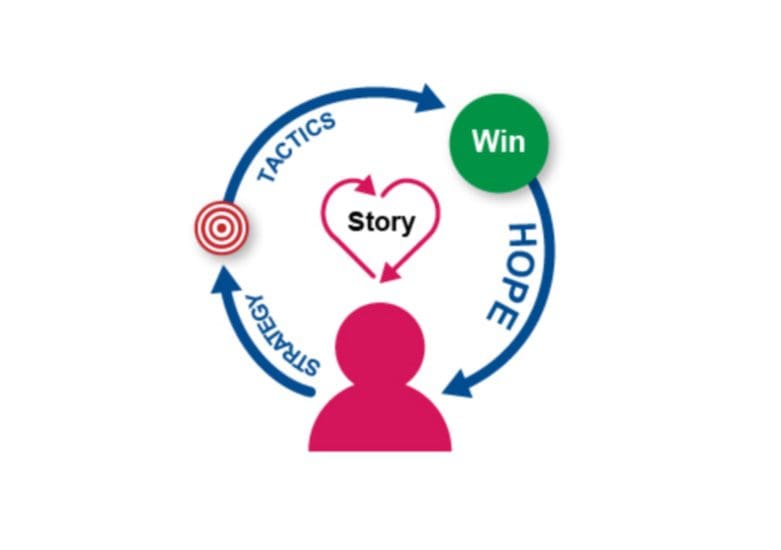About POWER
POWER is building a pan-Canadian network of “Think and Change” nodes which bridge academia, healthcare, and the community. They are linked together by a national secretariat to deliver the coordination, knowledge mobilization, and strategic, evidence-based communications required to adapt our society and economy with planetary health and wellbeing principles.
Vision
Long-term wellbeing for all: a society where all people in present and future generations can thrive while living within planetary boundaries.
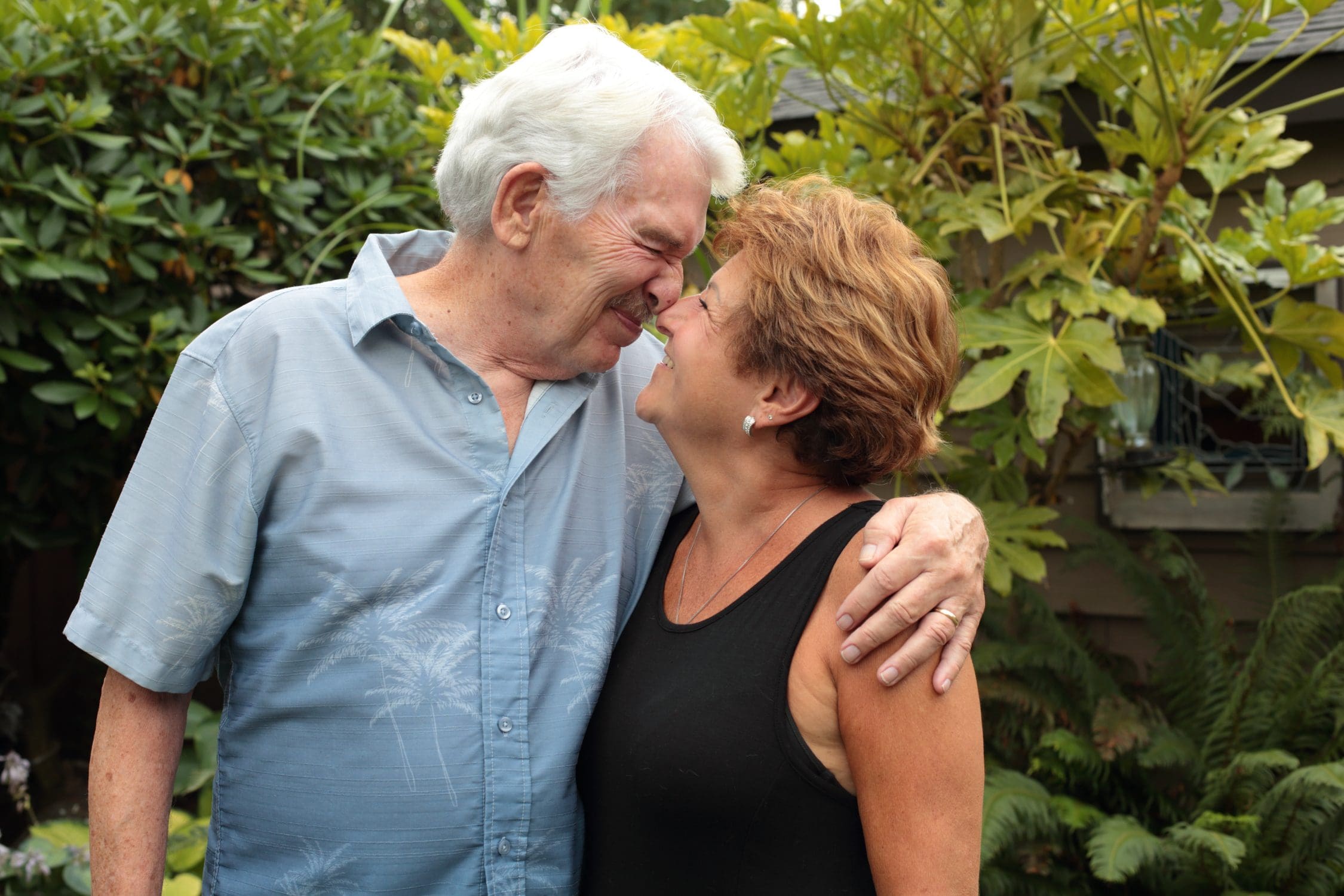
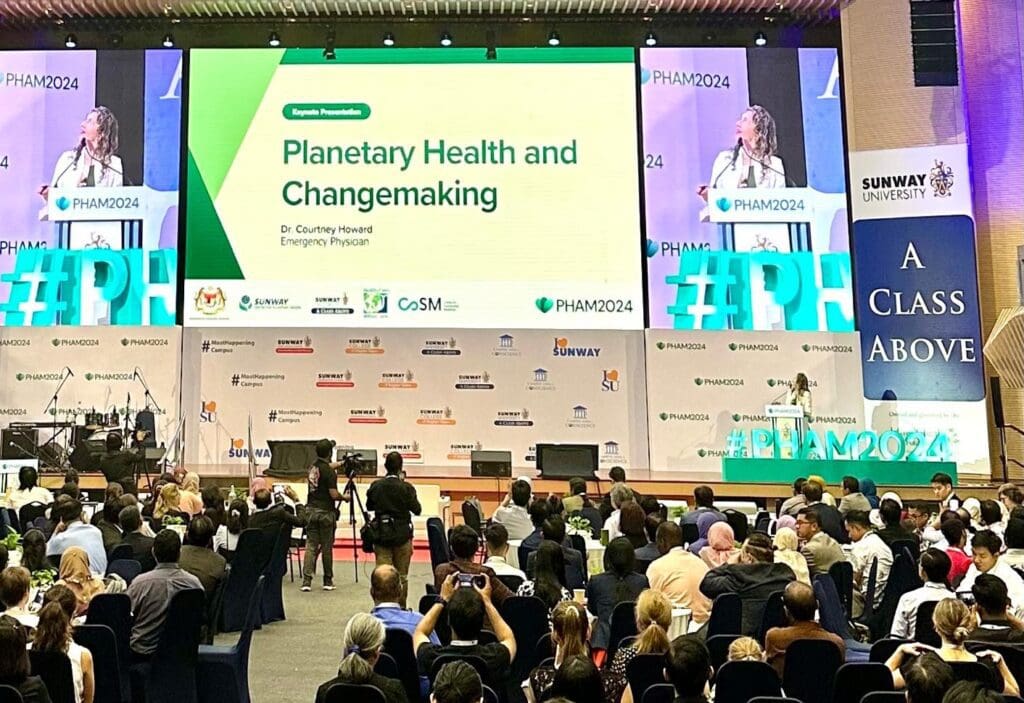
Mission
To leverage multidisciplinary research and networks in Canada in service of long-term wellbeing for all.

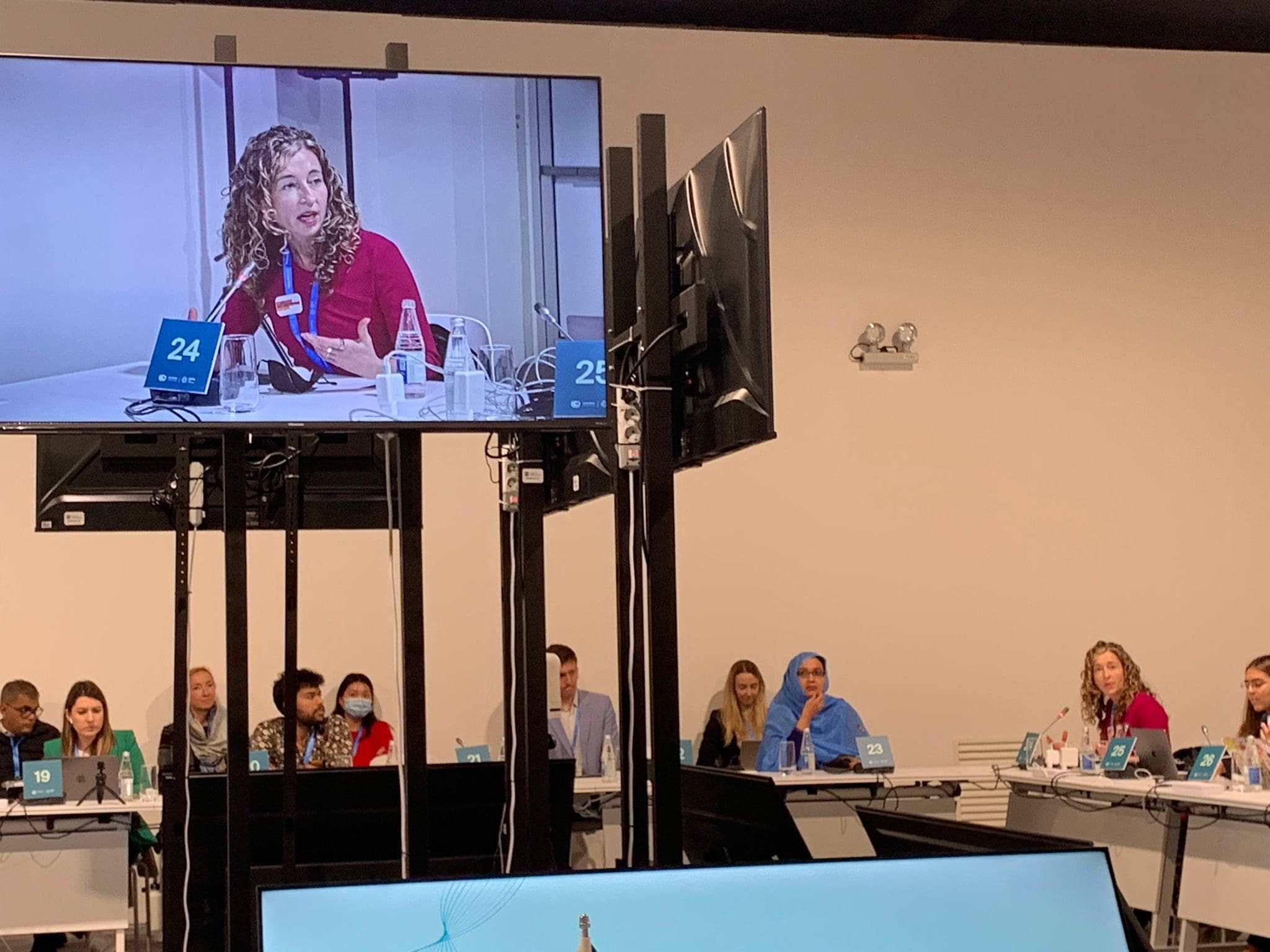
Dr Courtney Howard, Medical Doctor (MD), Master of Public Policy (MPP), CCFP-EM
Founder
Dr Courtney Howard is an Emergency Physician in Yellowknives Dene Territory in the Canadian subarctic and a Clinical Associate Professor at the University of Calgary. The Chair of the Global Climate and Health Alliance and first woman president of the Canadian Association of Physicians for the Environment, she is on the Editorial Advisory Boards of the Lancet Planetary Health and the Journal of Climate Change and Health. During her Master of Public Policy studies at Oxford University she focused on using a planetary health lens to explore transitions to an economy centred around wellbeing. She has two young daughters and loves to dance.
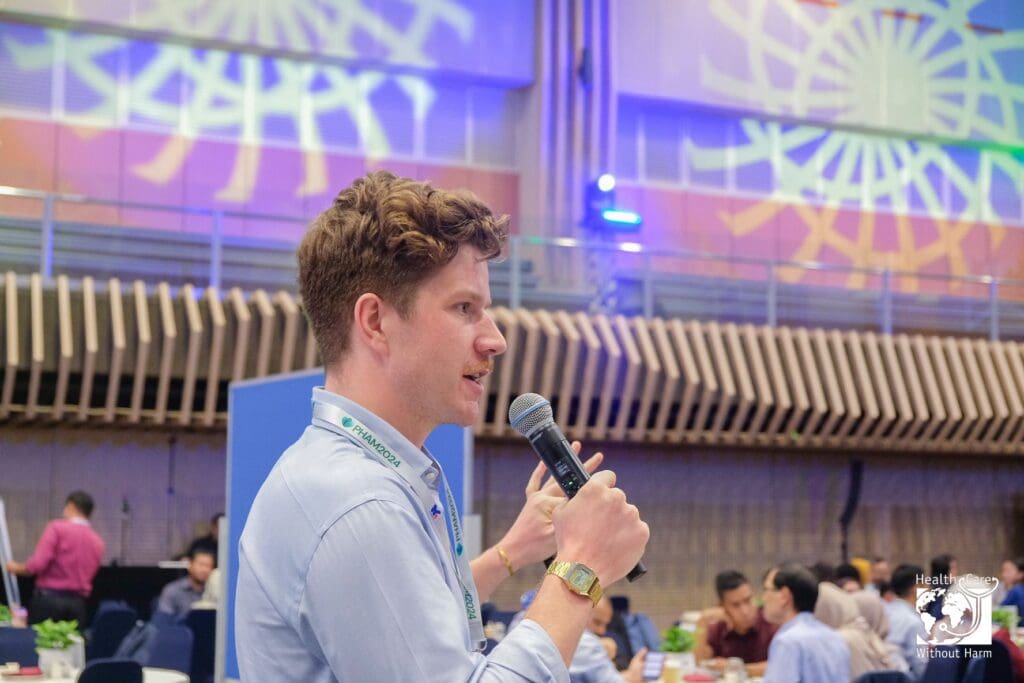
William Gagnon, BEng., MSc., LEED AP BD+C & ND, PMP
Director of Strategy
William Gagnon is an expert in healthcare systems decarbonization and sustainable medicine. Formerly with Doctors Without Borders (MSF) and the Centre for Sustainable Medicine (Singapore), William spearheaded initiatives to decarbonize facilities, electrical systems, and vehicles in Sierra Leone, South Sudan, and Uganda and Singapore where he learned firsthand the challenges of balancing sustainability with safety, security and critical healthcare needs, both in underdeveloped and hyper developed countries. A French Canadian, William holds a Bachelor’s in Building Engineering from Concordia University, a Master’s in Bioresource Engineering from McGill University, two LEED professional accreditations. In 2018, William received the Corporate Knights’ Magazine Top 30 Under 30 Award.
Founding Organizations
Canadian Coalition for Planetary Health and Wellbeing Societies
The Canadian Coalition for Planetary Health and a Wellbeing Society is an emerging coalition of health professionals, scholars and organisations. Grounded in an ethic of respect and sacred reciprocity with nature, our vision is that Canada and sovereign Indigenous Nations, provinces, territories, and municipalities become a well-being society explicitly committed to improving the well-being of all life while living within planetary boundaries.
The mission of the Coalition is to rally the health sector in support of this vision and these values and to join with other sectors working to create a well-being society. In particular it will work to strengthen the Canadian health sector with respect to planetary health; help develop an ecologically sustainable health system; and create a well-being society. It will do so by focusing on three roles:
Education for professionals, politicians and the public.
Promoting research on planetary health and a well-being society.
Advocacy and partnership for planetary health and a well-being society and economy.
Current members include the Canadian Public Health Association, the Canadian Association of the Club of Rome, the Federation of Medical Women of Canada, the Canadian Association of Nurses for the Environment, the Canadian Coalition for Green Healthcare, CoPEH-Canada, Doctors for Planetary Health: West Coast, PEACH Health Ontario, the Public Health Association of BC, PEGASUS Institute, and OneHealth, University of Guelph.
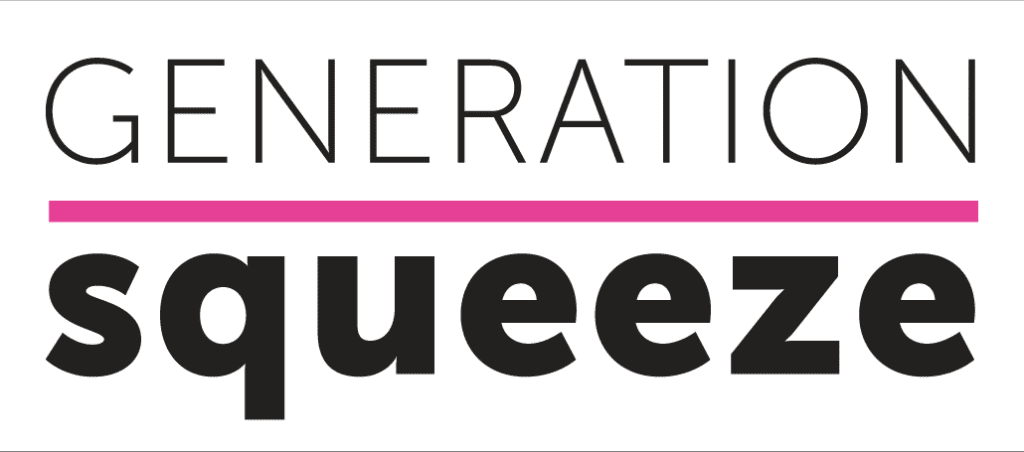
Generation Squeeze is a charitable Think and Change Tank promoting wellbeing for all generations. We champion generational fairness to preserve what Canadians hold sacred—a healthy childhood, home and planet—so we all leave a proud legacy.
Supporters
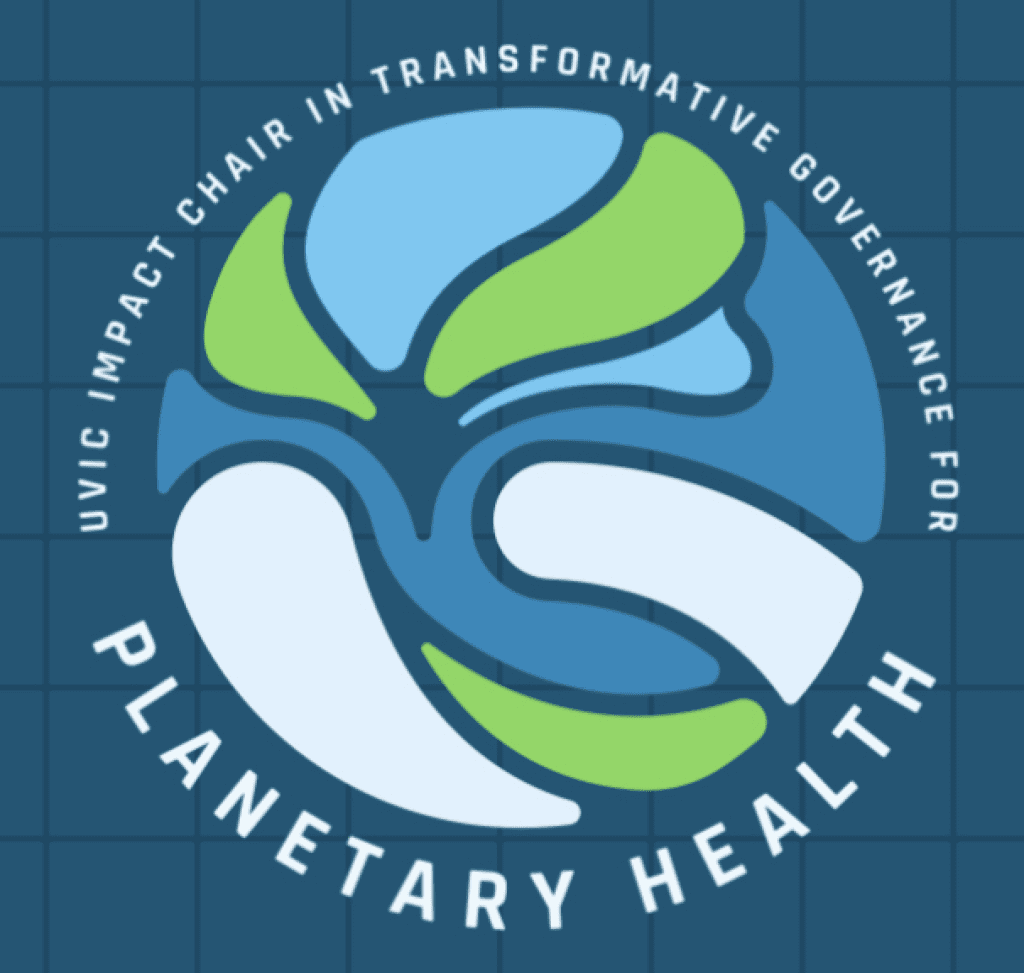
The University of Victoria’s Impact Chair in Transformative Governance for Planetary Health, Dr Heather Castleden, is a proud supporter of POWER. The objectives of this Impact Chair are: 1. Develop new ways of governing that can solve current and future environmental/health crises; 2. Support community-driven research on food, water, energy, and climate to challenge harmful systems like capitalism, exploitation, racism, and global inequality; 3. Create spaces that respect and amplify Indigenous perspectives and ideas to develop new ways of making decisions; and 4. Train early career researchers on how to ask the right questions that challenge current policies to seek the transformative change we need to see in the world today. For more information, please contact Dr Castleden at castleden@uvic.ca

